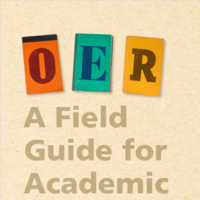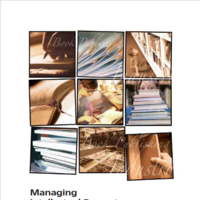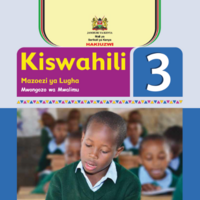Search
Books+
Searching 1,730 books
Search related to the career Librarian
Responsibilities of a Librarian:
1. Managing Library Resources: Librarians are responsible for acquiring, organizing, and maintaining a wide range of library resources such as books, magazines, journals, digital media, and other materials.
2. Assisting Library Users: Librarians help library users by providing guidance and assistance in locating and accessing resources. They answer queries, provide research support, and offer recommendations based on users' needs.
3. Developing and Managing Collections: Librarians curate collections by selecting relevant materials, evaluating their quality, and ensuring the collection meets the needs and interests of the library's users. They may also weed out outdated or irrelevant materials.
4. Organizing and Cataloging: Librarians organize library resources by assigning appropriate classification codes, cataloging items, and creating metadata to facilitate easy retrieval and access to materials.
5. Implementing Library Policies: Librarians develop and enforce library policies related to resource borrowing, usage, and conduct. They educate users about library rules and regulations to ensure a conducive and respectful environment.
6. Providing Reference Services: Librarians offer reference services by assisting users in finding accurate and reliable information for research, assignments, or personal interests. They may conduct literature searches, provide citation guidance, and offer instruction on using library databases.
7. Teaching and Training: Librarians conduct workshops, training sessions, and orientations to educate library users on information literacy skills, research techniques, and effective use of library resources. They may collaborate with educational institutions to provide instruction to students and faculty.
8. Managing Digital Resources: In the digital age, librarians are responsible for managing electronic resources, online databases, and digital archives. They ensure proper access, troubleshoot technical issues, and stay updated on emerging technologies.
9. Preserving and Conserving: Librarians play a crucial role in preserving and conserving library materials. They implement strategies for maintaining the physical condition of books, documents, and other resources to extend their lifespan.
10. Staying Current: Librarians stay informed about the latest trends, technologies, and developments in the field of librarianship. They attend professional conferences, participate in continuing education programs, and engage in professional networking to enhance their knowledge and skills.
11. Community Engagement: Librarians actively engage with the community by organizing events, book clubs, author visits, and other programs to promote reading, learning, and cultural enrichment.
12. Collaboration: Librarians collaborate with teachers, researchers, and other professionals to support their information needs. They work closely with colleagues to improve library services, develop policies, and contribute to the overall functioning of the library.
13. Administrative Tasks: Librarians may have administrative responsibilities such as budget management, staff supervision, strategic planning, and policy development to ensure the smooth operation of the library.
14. Advocacy: Librarians advocate for the value and importance of libraries in society. They promote literacy, intellectual freedom, and equitable access to information for all individuals.
15. Continual Learning: Librarians engage in lifelong learning to stay updated with evolving information technologies, research methodologies, and emerging trends in library science. They actively seek professional development opportunities to enhance their expertise.
Please note that the specific responsibilities of a librarian may vary depending on the type of library (public, academic, school, etc.) and the size of the institution.
Source: Various AI tools


































